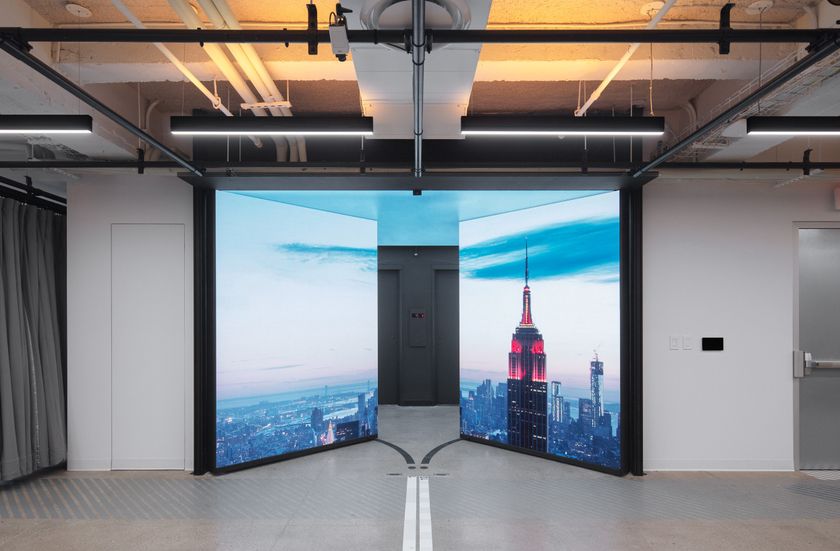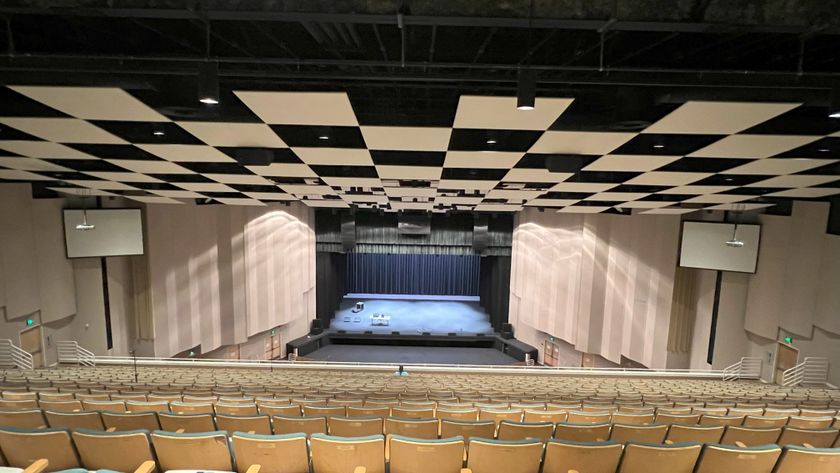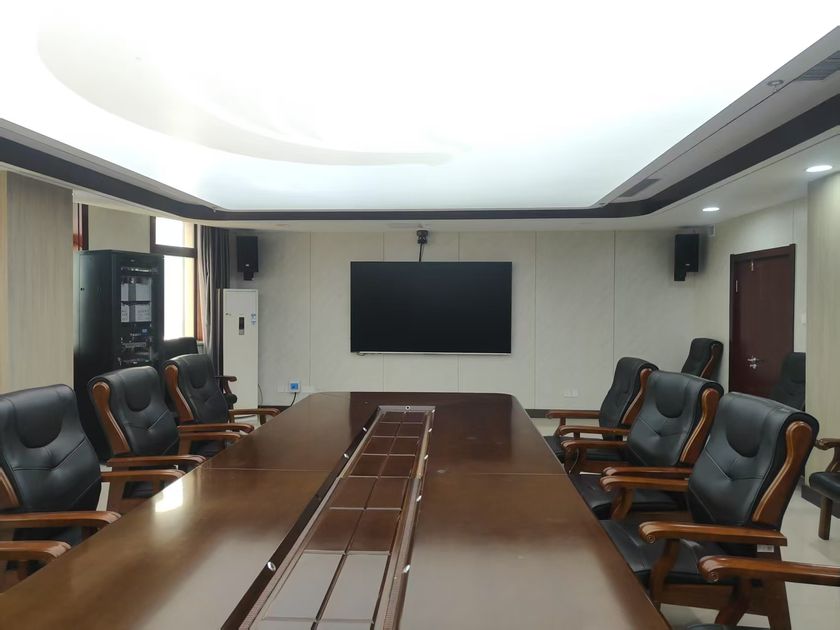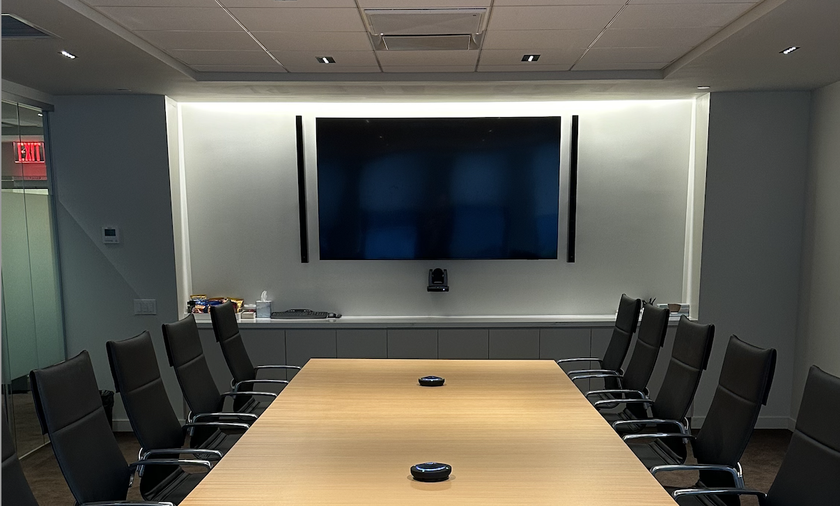Employee Retention Is Key To Adtech Systems’ Success
QUICK BIO
COMPANY: Adtech Systems
HEADQUARTERS: Sudbury, MA
GROWTH CURVE: Adtech’s founders built the company slowly and carefully, refusing to take on various types of products and installations until they felt they were capable of doing a great job.
When David and Elizabeth Gormley founded Adtech Systems back in 1989, LCD panels and projectors were brand new. There was a huge demand for this technology and the new company had a great deal of success based on their ability to satisfy it.
Still, it wasn’t long before the Gormleys realized that, in order to continue to grow and prosper, they were going to need to not only hire but retain the best people possible, especially in sales and technical service roles.
“It’s our high employee retention rate that sets us apart as an AV contractor,” explained David Gormley, CEO of the Sudbury, MA-based company. “It helps immensely throughout our business.”
Keeping the same people year after year means that Adtech customers not only build trusting relationships with their sales people, but also with service techs, engineers, programmers, and customer service people. When the client is ready to upgrade a system or if a fault develops, Adtech is normally able to bring in the same people who originally designed, programmed, and installed the system. “You have a familiarity level that makes the process so much smoother,” Gormley said. “It also brings up the level of effort, care and concern that my people have, as well as the pride that they take in the work that they do.”
How long do Adtech employees stay? “We have eight engineers on staff, and they average over ten years in the industry with at least five years here. We have eight programmers, none of whom have less than five years at Adtech. And all of our project managers have at least 10 years with our company.”

ADTECH Systems staff in their telepresence room in Sudbury, MA.
A Little At A Time
Gormley said he and his wife built the company slowly and carefully, refusing to take on various types of products and then installations until they felt they were capable of doing a great job.
“After our first ten years we had built the foundation for our company, and so we started doing small installation projects. That went well because we could do them very quickly. Our competitors focused on the big jobs and asked for an eightweek lead time. We were able to promise that if you ordered it today, we would install it next week.”
Gradually the Gormleys brought in more talent and began doing Crestron programming, installing videoconferencing systems and then high-end audio.
In 1996 and 1997 they opened branch offices in Connecticut and Rhode Island.
In 2001 they hired James Welsh, an experienced AV systems design engineer, who better organized and staffed the systems department. Welsh and the people he hired brought Adtech the ability to build the largest and most complex AV systems.
Over the last two or three years, the company has focused on building relationships with AV consultants. “It’s not always easy getting on a consultant’s bid list,” Gormley said. “But we have had a couple of customers tell their consultants, ‘You need to hire Adtech for this project,’ and that opened some eyes.”
Building And Keeping A Loyal Staff
Gormley said he has recruited people mainly from the telco world, from AV equipment manufacturers, and from the concert industry. Engineering spots are always the toughest to fill, but he does not raid competitors. “We have one employee who came from a competitor, but he was unhappy there and sought out a friend of his who works for us.” By and large, Gormley said, new employees find Adtech because of the reputation they have built as a good place to work and as a place where management trusts people to do their work on their own.
Part of the reason Adtech enjoys a good reputation is that Gormley leads by example, and part of that is he puts the quality of the job ahead of profit. “Our people see that I’m here all hours of the day,” he explained, “and they see I’m willing to get out there in the field and do what needs to be done, if that’s what it comes to. They also see that I’m willing to invest whatever time or material and money I need to complete a project when things go wrong, and so they don’t hesitate to do what they need to do in return.
“They enjoy that responsibility,” he added. “They enjoy being a part of a company that respects their efforts and that takes that much pride in its work.”
In addition, Gormley said he encourages his employees to take time off when they need to, to be home for dinner most nights, and to recognize the importance of their families and each other. “We work very hard to respect and appreciate our employees’ quality of life. It’s not just money. It’s not just about me. The whole company needs to be successful, including our individual employees.”
Gormley said it’s not difficult keeping employees if you treat them well. “One of our competitors constantly tries to recruit our people, but very few have left. They realize that even when the carrot of higher wages is put on the table, they are not going to find the kind of working environment we offer here. Our total package, in the end, usually has more appeal.”
This type of atmosphere is not right for everyone. “The truth of the matter is that some people can’t handle a lot of freedom,” he said. “We’re not orientated toward beating people up to get them to do their job. I tend to assume people are like me—that they want to do good work and that they will do it given the opportunity and the resources. That’s not always true. But when you find the right person, it works well.
“People,” according to Gormley, “can really shine in this environment. And that helps our company to shine as well.”










